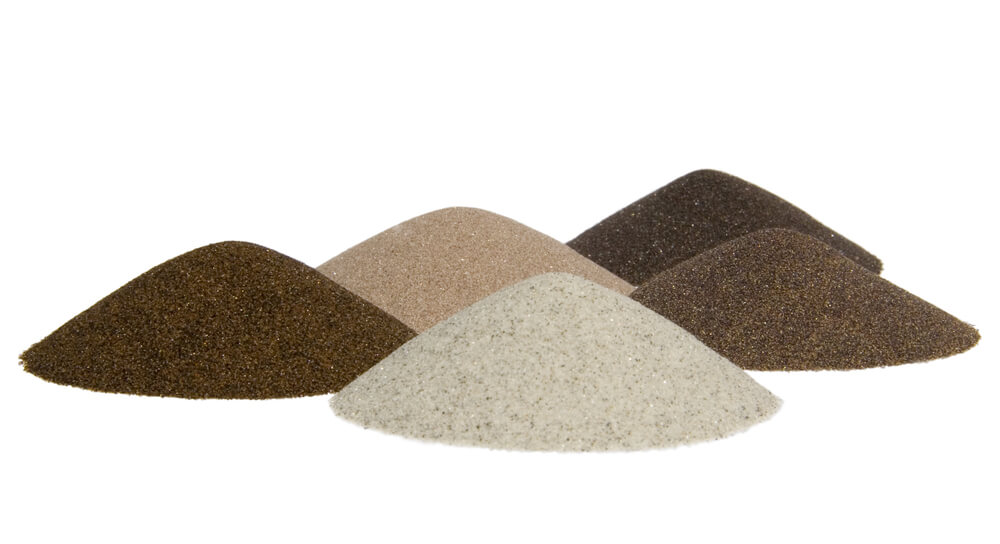With a seemingly mundane trip to a magnet factory for a photo opp, Chinese President Xi Jinping may have deliberately revealed how he plans to take the fight to the U.S. in the ongoing trade war: By weaponizing China’s supply of rare-earth materials.
Xi was accompanied by Vice Premier and trade negotiations leader Liu He, and the highly publicized photo opportunity at JL MAG Rare-Earth factory in Ganzhou suggests China could be preparing to use the rare-earth industry to force the U.S. to back down, or go without materials needed to make everything from batteries to smartphones to fighter jets.
According to a report by Business Insider, if China withholds the rare-earth materials, it could cripple the U.S. tech and military industries, giving it a leg up in leverage over the Trump administration, which is already under fire from a number of industries over tariffs levied on Chinese imports.
Rare-earth materials are made up of 17 elements from the periodic table that are found in a number of products critical in U.S. manufacturing, including batteries, flame retardants, smartphones, electric cars and fighter jets. They are reportedly used in tiny amounts, but are crucial to the manufacturing process.
“It’s signalling they know it’s not only important to U.S. high-tech industries — electric vehicles, wind — but also defense. That’s the message they’re trying to get out,” rare-earths consultancy director Ryan Castilloux told the Financial Times.
China is of course the world’s No. 1 supplier of rare earths, accounting for a whopping 90% of global production and 80% of the rare earths used by U.S. manufacturers, according to Bloomberg and the South China Morning Post.
China’s state-run Global Times said the visit was due to Xi’s “huge support to the critical industry that has been widely viewed as a form of leverage for China in the trade war with the US, but one that also faces issues that need to be addressed.”
If you need further proof of the U.S.’s dependence on China’s rare-earth materials, they weren’t listed among tariff targets for increases from 10% to 25%, or included on a list of future potential targets on $300 billion worth of goods.
The South China Morning Post also noted “growing speculation” that Beijing could place an outright ban on exporting rare earths, which caused shares of companies working with them to skyrocket.
China Rare Earth Holdings is up 135% today. pic.twitter.com/oXlnEBCpUt
— Tracy Alloway (@tracyalloway) May 21, 2019
It wouldn’t be the first time China weaponized its rare earths. In 2010, Beijing cut off exports to Japan after a Chinese boat captain was captured by Japanese authorities. The ban was so effective, Japan immediately released the captain in what the New York Times described as “a concession that appeared to mark a humiliating retreat in a Pacific test of wills.”
The House Committee on Foreign Affairs in 2011 also held a hearing over China’s monopoly on rare earths and how that implicated U.S. foreign and security policy.
Xi and U.S. President Donald Trump are set to meet next month at the G-20 summit in Japan, where the two sides will continue negotiating a new trade deal.
